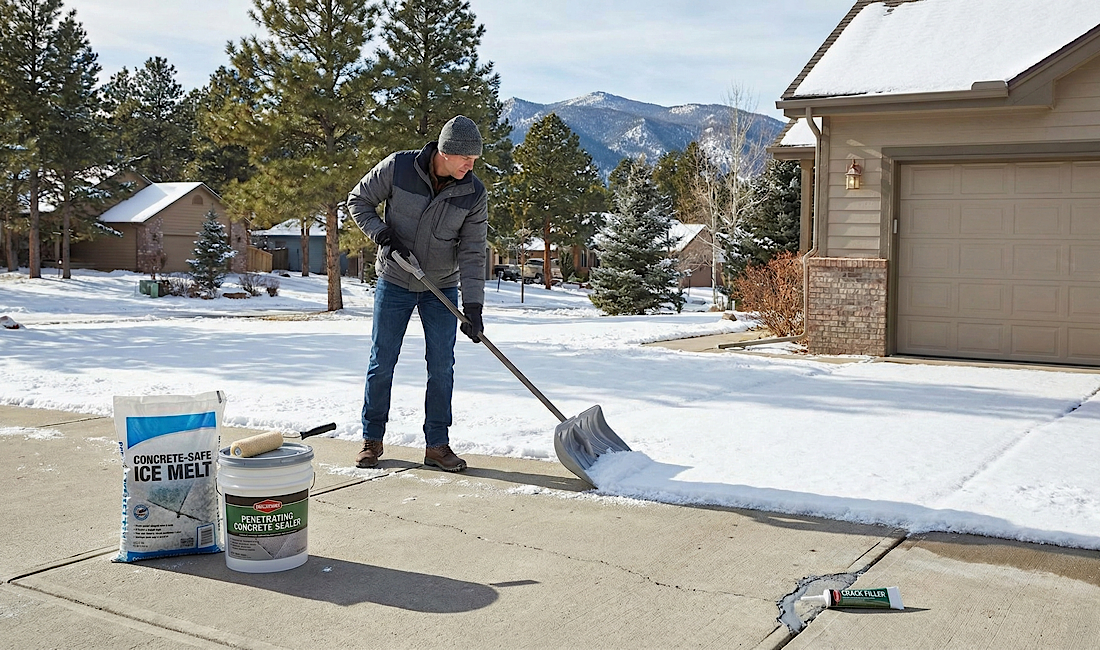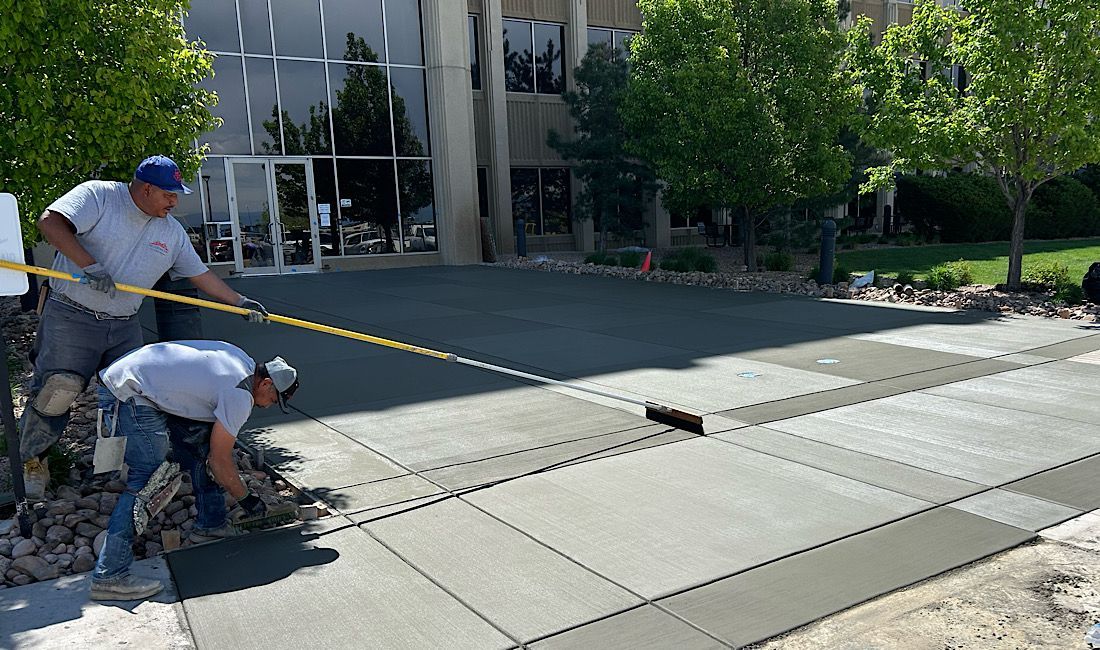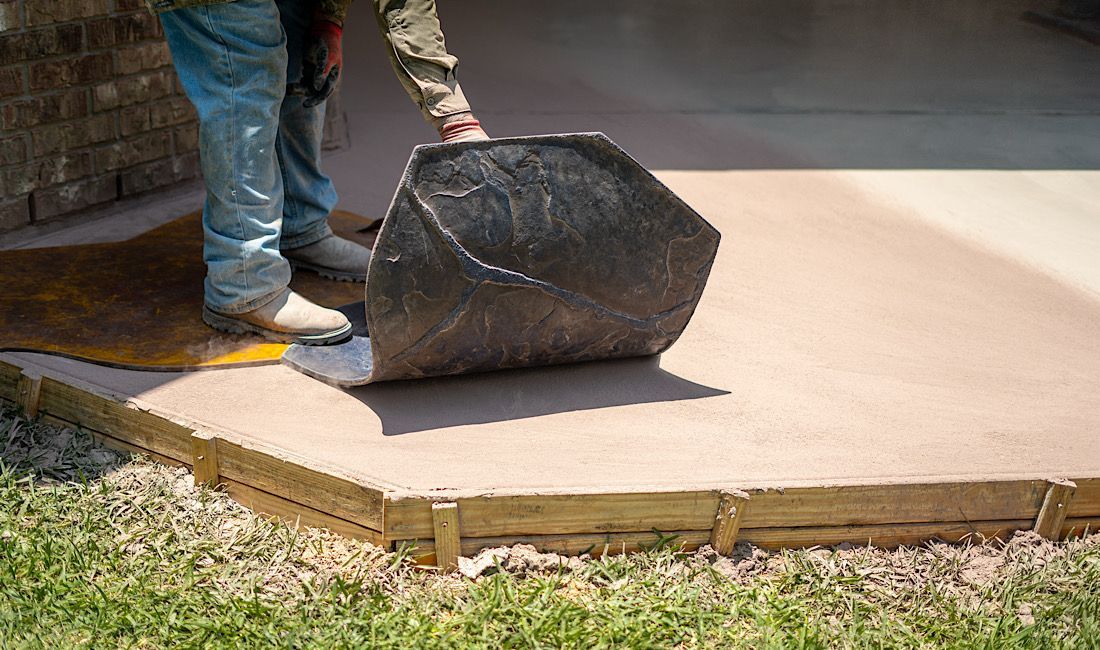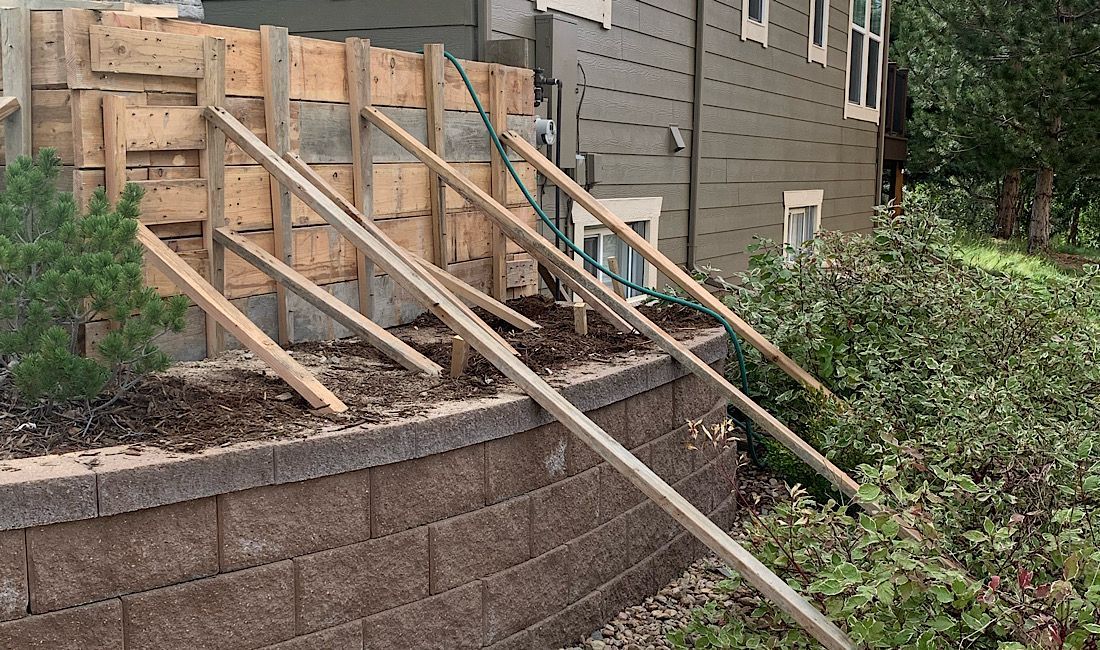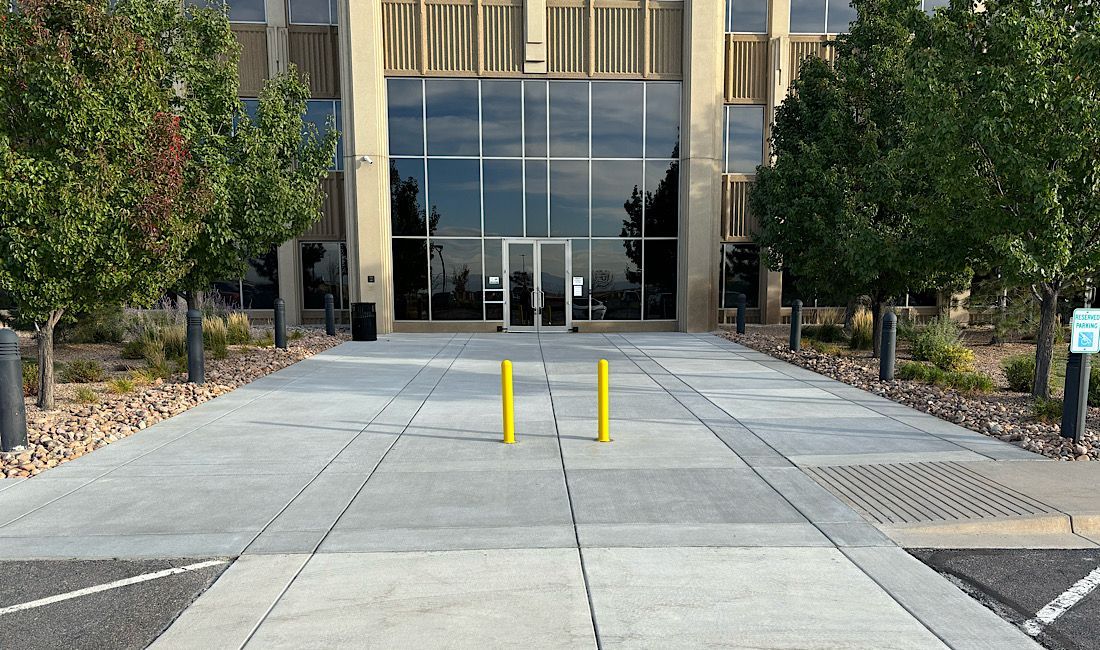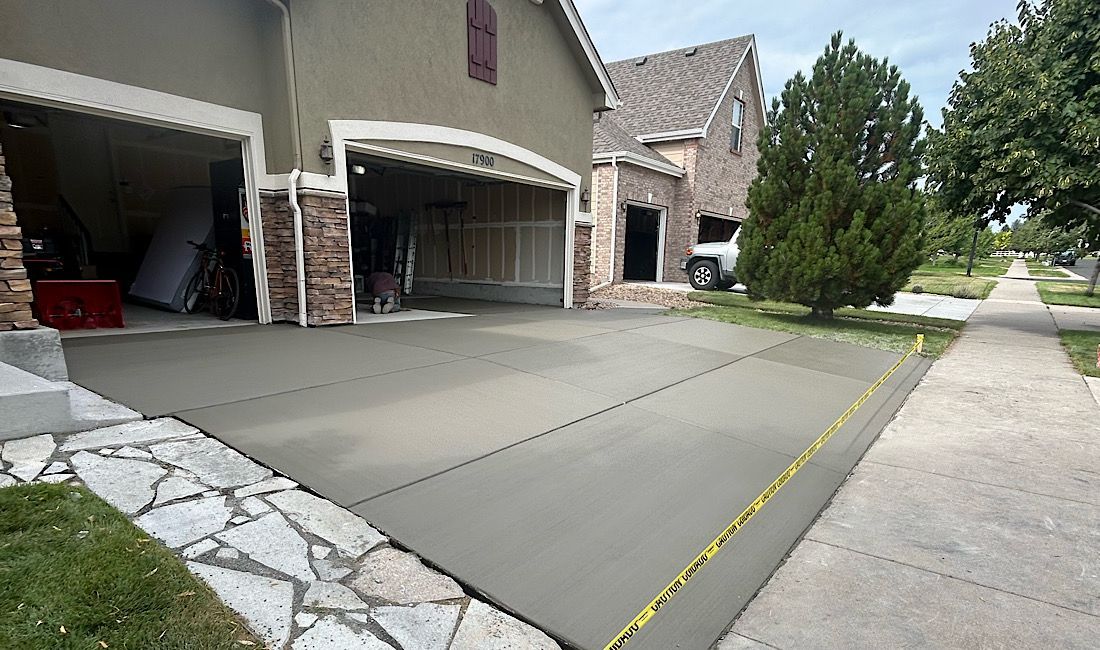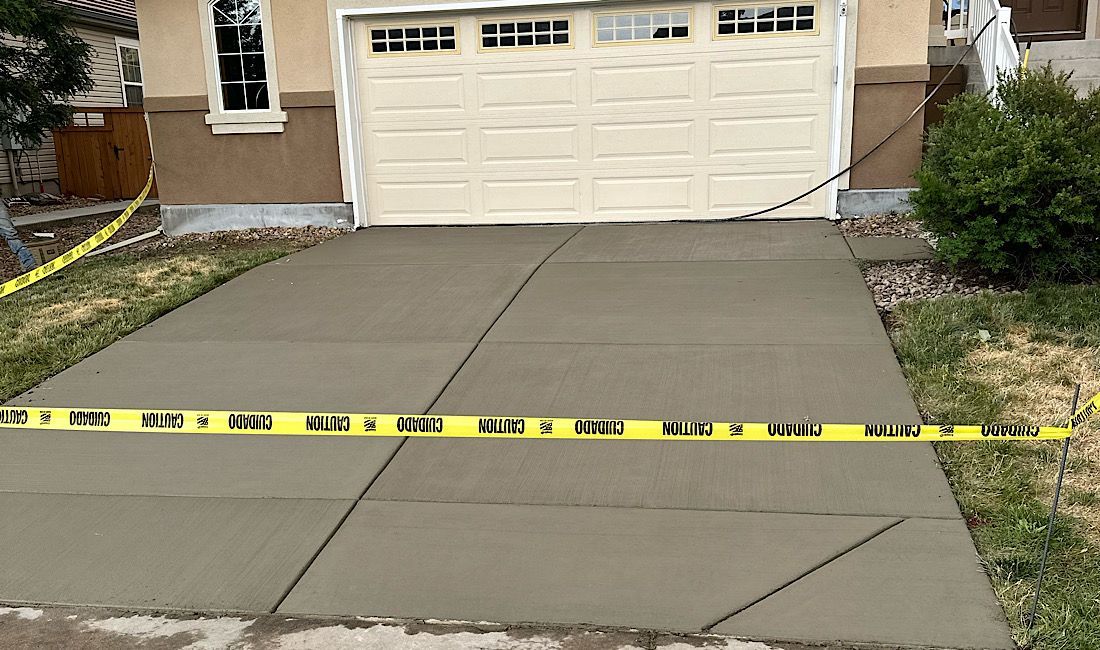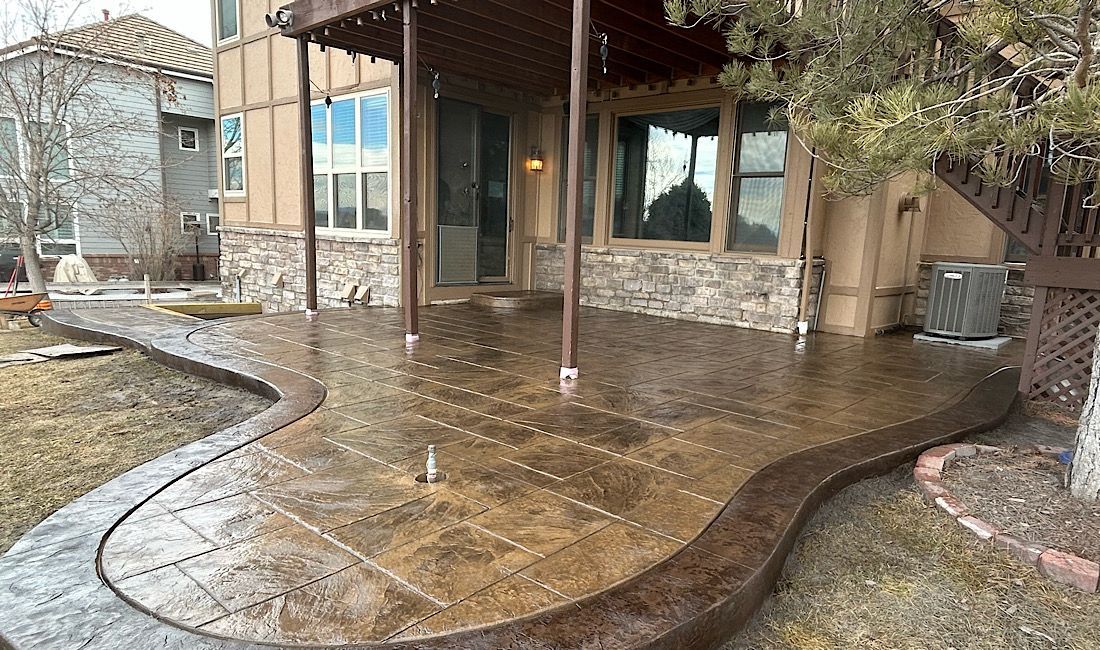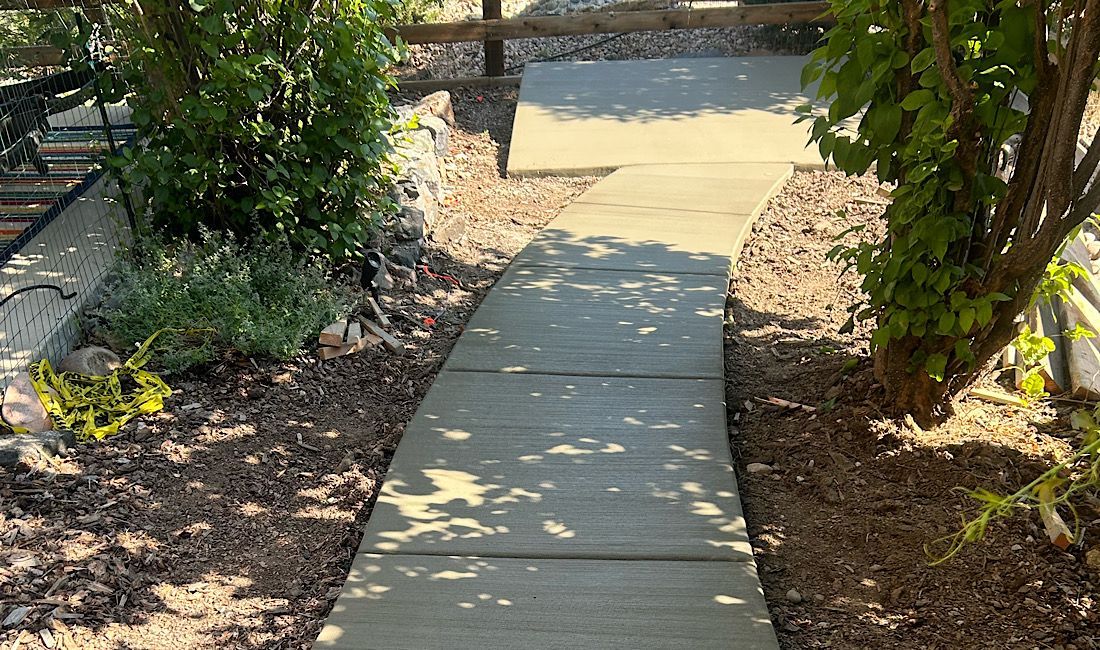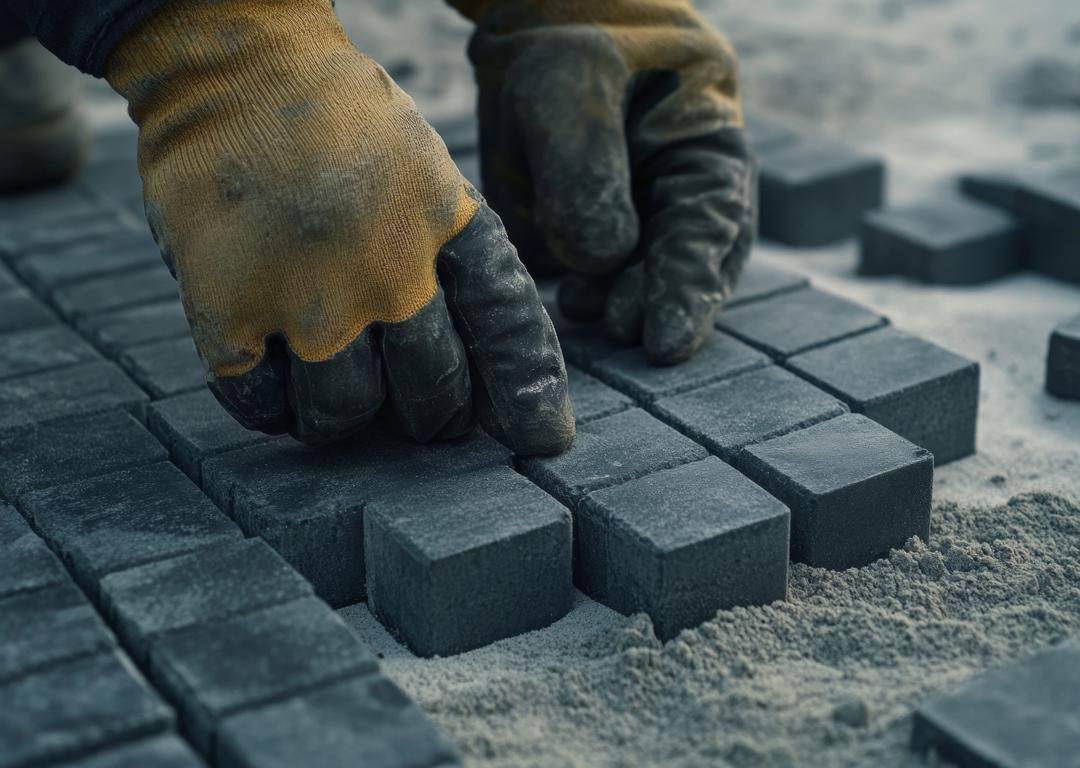
Concrete is a durable and versatile material used in driveways, patios, sidewalks, and other outdoor projects. Many homeowners consider tackling concrete projects themselves to save money, but DIY concrete work requires skill, time, and the right tools.
While some small projects are manageable, others are best left to professionals. Understanding the pros and cons of DIY concrete work can help determine when to handle a project yourself and when hiring a contractor is the smarter choice.
The Pros of DIY Concrete Work
Cost Savings
One of the biggest reasons homeowners attempt DIY concrete projects is to save money. Professional labor costs can add up quickly, so handling a project independently eliminates those expenses. However, it’s important to factor in material costs, tools, and potential mistakes that could lead to additional expenses.
For example, pouring a small concrete slab for a backyard fire pit may only require a few bags of concrete mix and basic tools, making it a relatively inexpensive DIY project.
Personal Satisfaction and Skill Building
Completing a concrete project on your own can be a rewarding experience. Many homeowners enjoy the sense of accomplishment that comes from hands-on work and learning new skills. Over time, successful DIY projects can build confidence for tackling larger tasks.
Laying a concrete stepping stone path, for instance, can be a fun and manageable project that adds charm to a garden while providing hands-on learning.
Flexibility with Timing
When hiring a contractor, scheduling and availability can be a challenge. Doing the work yourself allows for greater flexibility, letting homeowners work at their own pace and on their own schedule.
If a homeowner wants to create a simple concrete border for their garden, they can do it over a weekend without having to wait for a professional’s availability.
The Cons of DIY Concrete Work
Requires Skill and Experience
Concrete work is more complex than it may seem. Mixing the right ratio of cement, sand, and water is crucial for strength and longevity. Mistakes in the mixing, pouring, or finishing process can lead to cracks, uneven surfaces, and weak structures.
For instance, incorrectly finishing a concrete driveway can result in a rough or bumpy texture, making it difficult to drive on and shortening its lifespan.
Specialized Tools Are Needed
Unlike simple home improvement tasks, concrete projects require specialized tools such as trowels, floats, rebar cutters, and mixers. Renting or buying these tools can quickly add to the project’s cost.
A homeowner attempting to pour a concrete patio without a power mixer, for example, may find the process extremely labor-intensive and time-consuming.
Time-Consuming and Physically Demanding
Concrete work is physically demanding, requiring heavy lifting, precise timing, and working quickly before the material sets. DIYers often underestimate the amount of labor involved, which can lead to fatigue and rushed work.
A large concrete slab for a shed foundation, for example, requires careful leveling and proper curing, which can be overwhelming for someone without experience.
Risk of Mistakes and Costly Repairs
If mistakes are made during a DIY concrete project, fixing them can be expensive and time-consuming. Poorly mixed or improperly cured concrete can lead to cracks, weak spots, or an uneven surface that may need to be redone entirely.
A DIY concrete walkway with improper drainage can lead to pooling water and erosion, requiring a complete redo within months.
When to Call a Professional
Some projects are better suited for experienced contractors, especially those requiring precision, structural integrity, and long-term durability. Consider hiring a professional when:
- The project involves large areas, such as a driveway or a patio foundation.
- Reinforcement and structural elements like rebar and concrete footings are necessary.
- The job requires advanced finishing techniques, such as stamped or decorative concrete.
- There are strict local building codes and regulations to follow.
- The project is time-sensitive and needs to be completed efficiently and correctly.
For example, a decorative stamped concrete patio requires professional expertise to ensure even application, proper curing, and a long-lasting finish. A poorly executed DIY attempt could lead to uneven patterns, color inconsistencies, and weak spots.
Before starting a concrete project, consider the scope, required skill level, time commitment, and potential costs. While DIY can be a great way to save money and gain experience, larger or more complex jobs are best left to professionals to ensure quality and durability.
For expert concrete solutions,
Creteworx provides professional resurfacing, repairs, and custom installations.
Call 720-262-2487 today for a consultation and get the job done right the first time!

